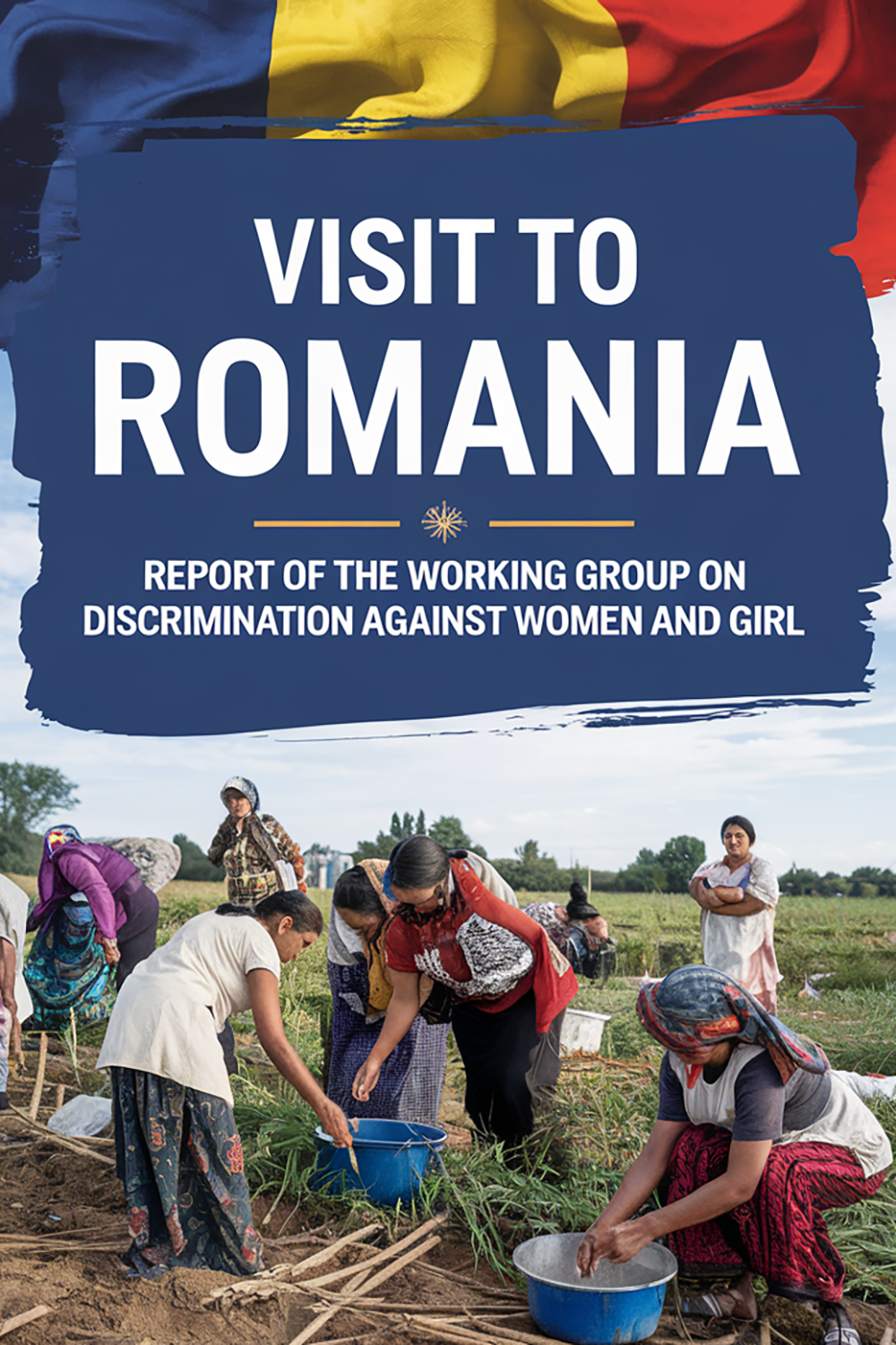The Working Group on discrimination against women and girls conducted a visit to Romania from 24 February to 6 March 2020. In the present report, the Working Group assesses the situation regarding the human rights of women in the country, noting achievements and challenges. The following is a brief summary of the report’s findings. The working group were alerted to the lack of specialized services for women and girls living with HIV/AIDS, and some cases of denial of services, as well as the limited availability of psychological and psychiatric services for women victims/survivors of sexual violence, and a lack of specialized services, such as hormone therapy, for transgender persons. Furthermore, there are no targeted programmes for persons who use drugs, including women engaged in prostitution/sex work. Romania lacks a comprehensive national strategy on sexual and reproductive health, despite the fact that it has one of the highest teenage pregnancy rates in Europe. According to the Government, there are programmes of free distribution of contraceptives to certain categories of girls and women in need, such as those with no income, and young women. However, such beneficiaries whom the experts met reported that they were not aware of these programmes and that, in practice, free access was not ensured. They also spoke of barriers, such as costs and the lack of availability of family planning services in the country, particularly in rural areas. Backlash is also observed in relation to the rights of lesbian, gay, bisexual, transgender, intersex and queer persons. In Romania, same-sex civil partnership is not recognized in law. Transgender persons face problems with legal recognition of their assumed identity, in many cases being obliged to undergo full medical transition, including sterilization: this requirement is incompatible with human rights standards,
During the visit, interlocutors indicated that sexual violence was of concern and was seriously underreported, partly due to the lack of trust in the criminal justice system. Indeed, criminal justice mechanisms for combating sexual violence face some shortcomings. The Criminal Code does not define the crime of rape by lack of consent, but by coercive circumstances,47 which may lead to an overreliance on physical resistance to characterize the offence, trafficking in women and girls, primarily for the purposes of sexual exploitation and begging, is a major concern in Romania. Romania is primarily a source country and has the highest number of victims/survivors of trafficking and traffickers in the European Union.
